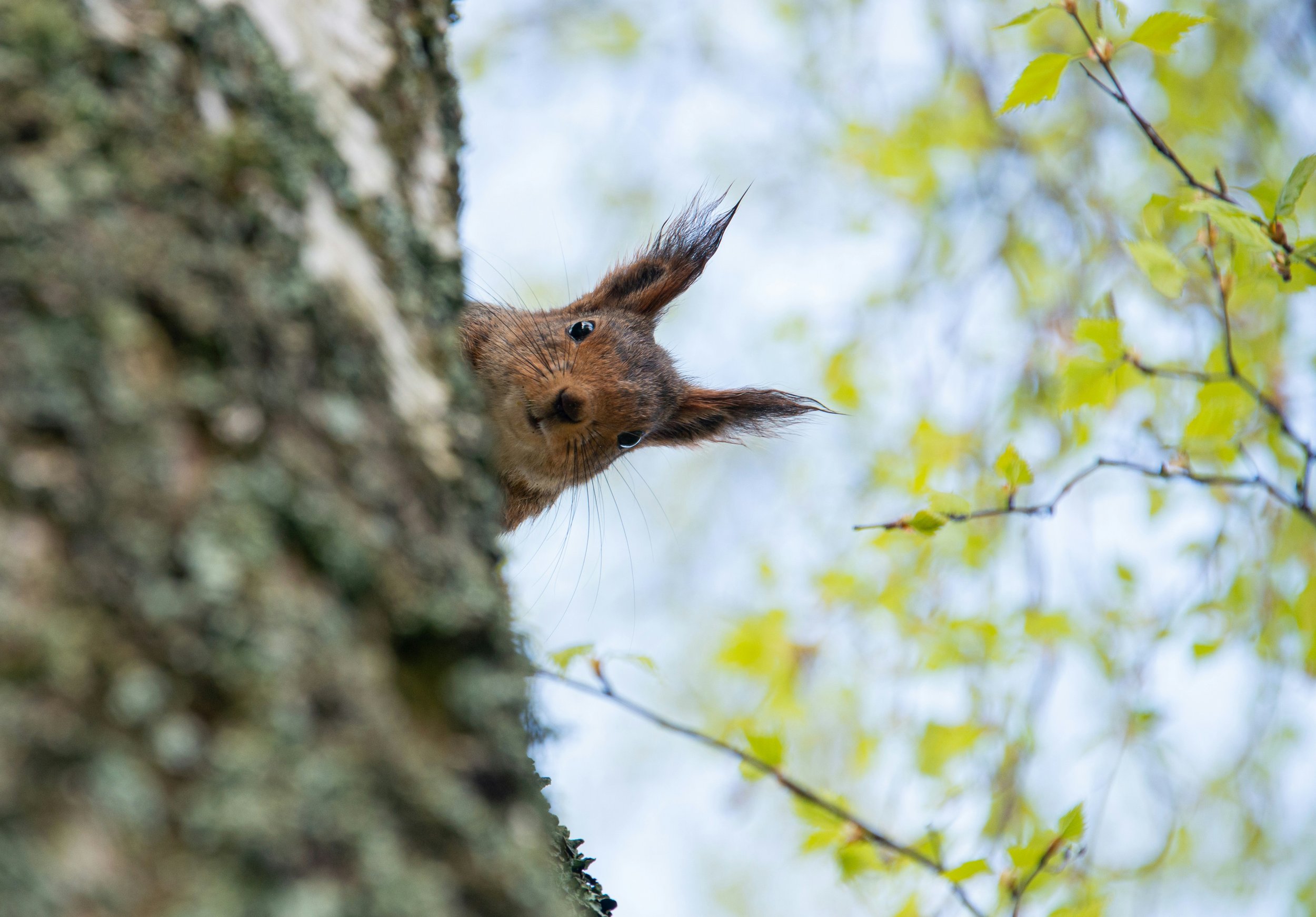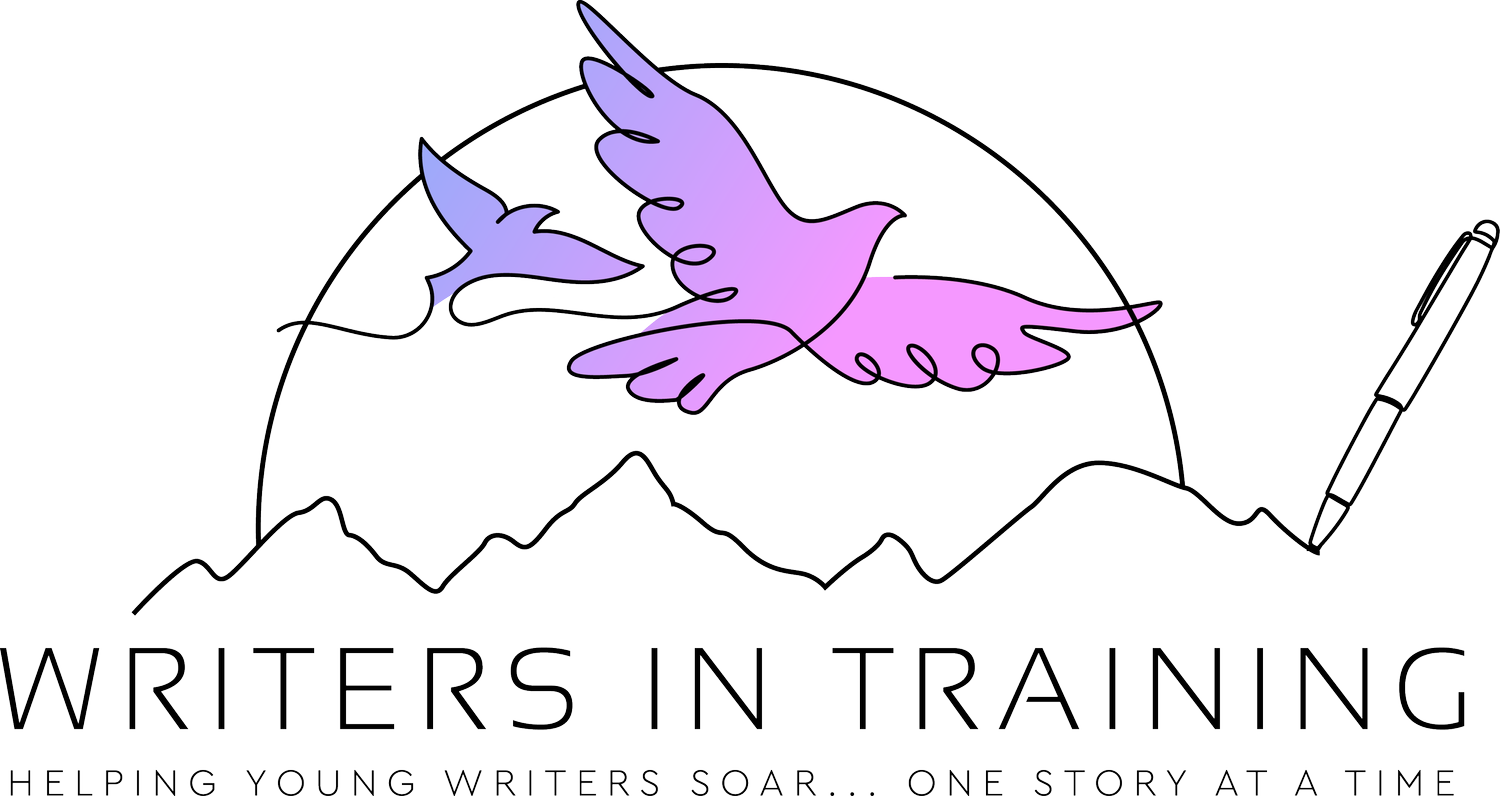
Showing - Words Matter
What separates good writers from great writers? A great writer crafts new yet fully believable worlds out of ordinary words. If we can teach our youngest writers this essential skill when they first learn to create sentences, imagine the calibre of stories they’ll produce long before their mid-thirties and throughout their lifetimes.

Show, Don’t Tell
Everyone craves good stories. We want to listen to good stories. We want to be captivated as the story unfolds. We also want to tell our stories in a way that intrigues, compels, and conveys thoughts and ideas clearly and powerfully. Writing a good story is much more than just recording our thoughts. A good story, one worth telling and listening to, must be crafted in such a way as to create a vivid picture in the reader’s mind. We call this “showing”.

We All Have a Story to Tell
If you encourage young writers in your home or classroom, make space for them to tell stories out loud. Oral storytelling is an essential learning step towards writing our stories in words. It is often overlooked as a learning strategy, but we develop many essential writing skills whenever we share our ideas aloud.

The Power of Mentor Texts: Thinking Like an Author
“Read like an author” is advice often given to adults who aspire to write. They are encouraged to read often and widely and, as they do, to think about what aspects of the writing craft the author used to create a book worth reading. To put it another way, aspiring authors are encouraged to use their reading as research and to apply what they learn to improve their writing craft.

Creating a Legacy
There are many ways to order words. But if we want our words to count and pass on a legacy to our readers, we must hone the craft of creating effective, meaningful, and life-giving sentences.

Building Blocks
Just as the atom was considered the smallest building block of matter, so words are the building blocks of every sentence.

Curiosity’s Call
“Why???” This is the earliest question a child asks when they begin to build an awareness of the world around them. And what an important question it is! ‘Why’ invites us to wonder, anticipate outcomes, think more deeply, and make connections between what we already know and the mysterious things that are, as yet, beyond our understanding.

Hunting Down Ideas
Hunting down ideas is one way to catch ideas. Some days, ideas come easily. On other days, they are difficult to track down. This blog contains tips to stimulate your young writers’ brain to relinquish ideas in hiding.

From Rough Draft to Completed Work
I recently received this question from a parent: “How do I get my child to move from a rough draft to a completed work? My daughter despises that part of the process. She would rather just get the story down and move on.”

Emotive Writing
Never underestimate the ability of a young writer to create stories full of deep emotional meaning. With guidance and encouragement from a caring adult, even the youngest writers can write to convey emotion.

Where Do Ideas Come From?
Any serious writer must ask themselves: How do authors recognize a good idea and then do something magical with it?

For the Love of Writing
At the very heart of writing are ideas. And at the very core of those ideas is the desire to write. Embedded in that desire to write is the need to tell our story. To be heard. To be truly known. This most fundamental human need to be known is the very crux of why writers write.
